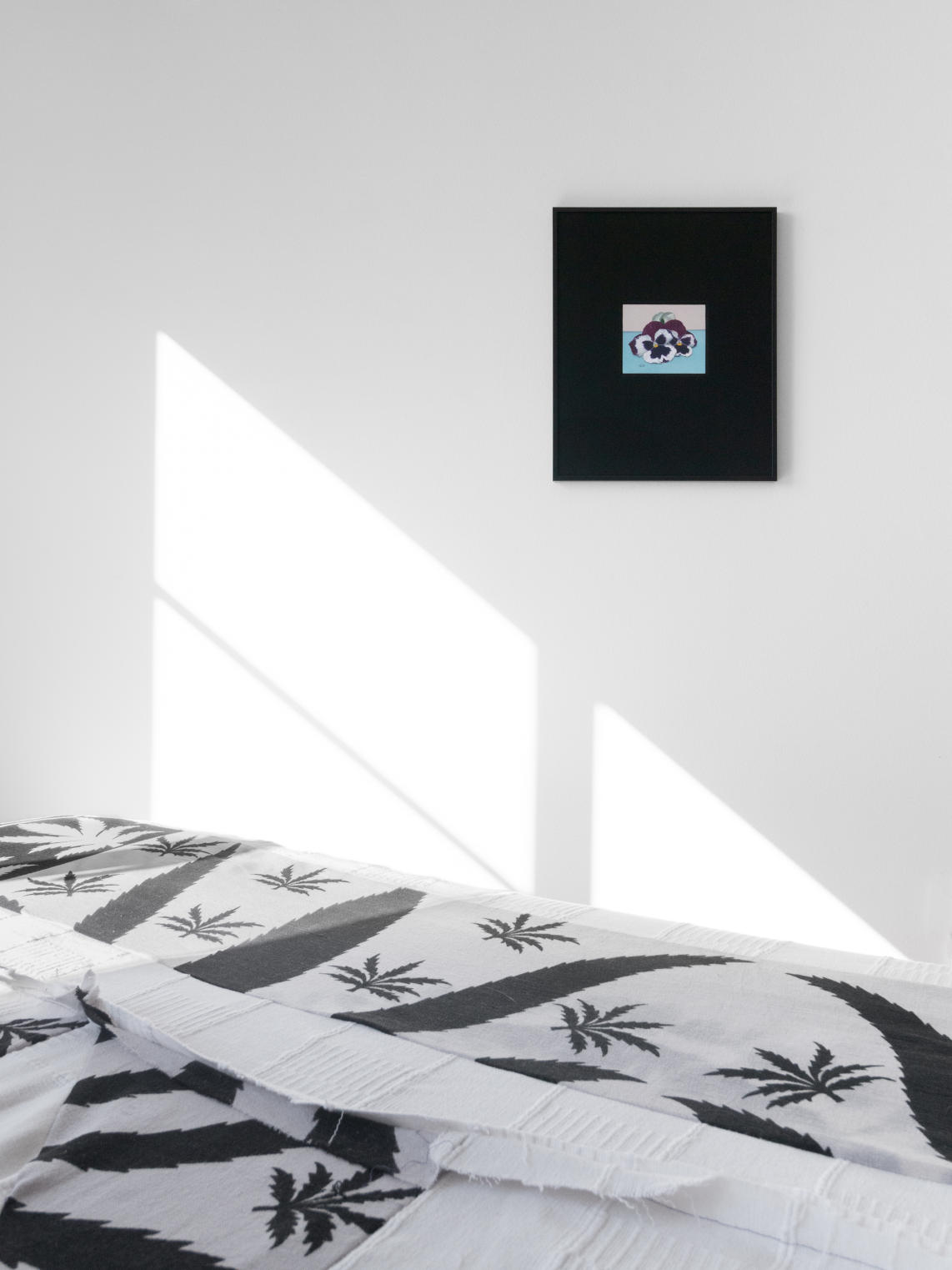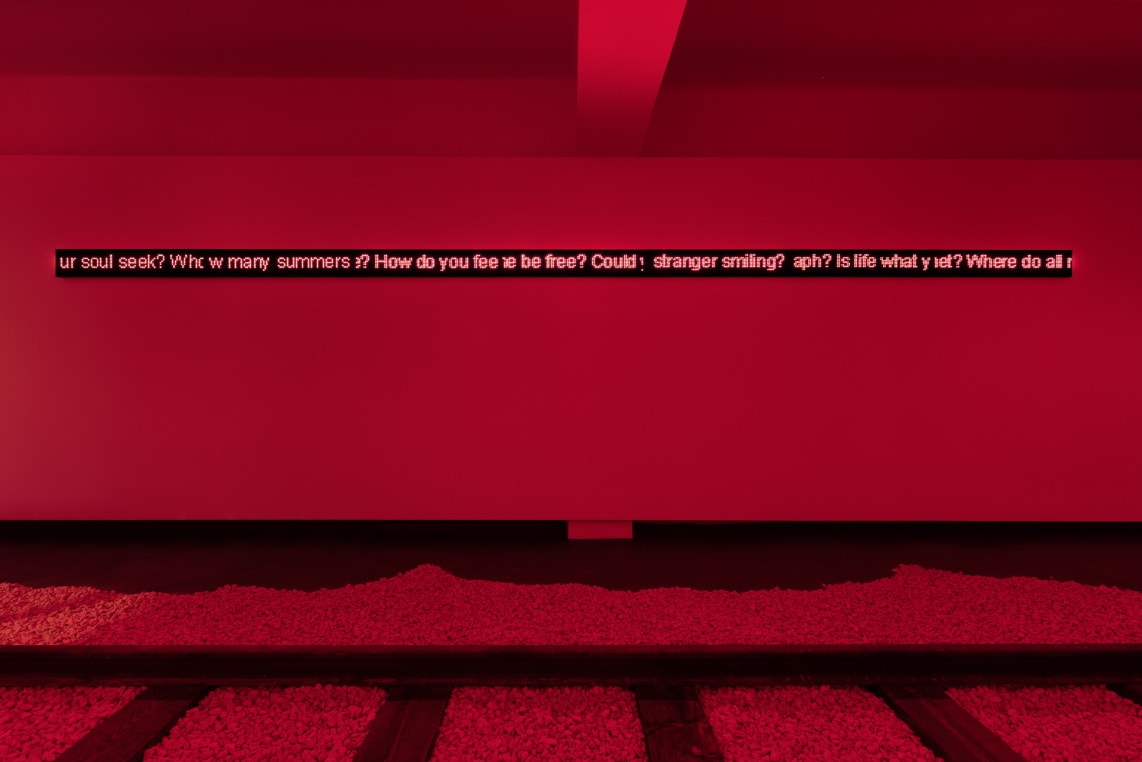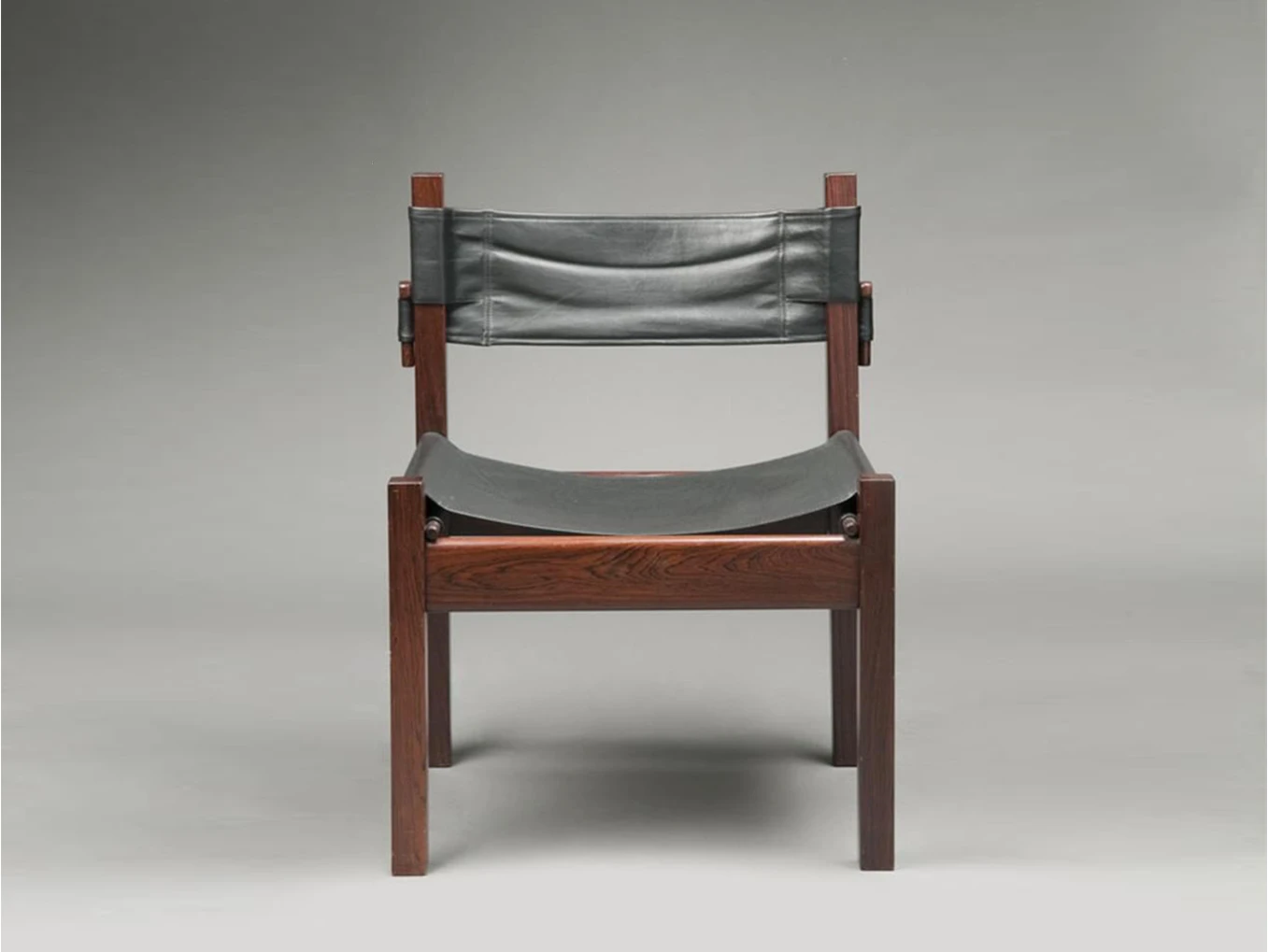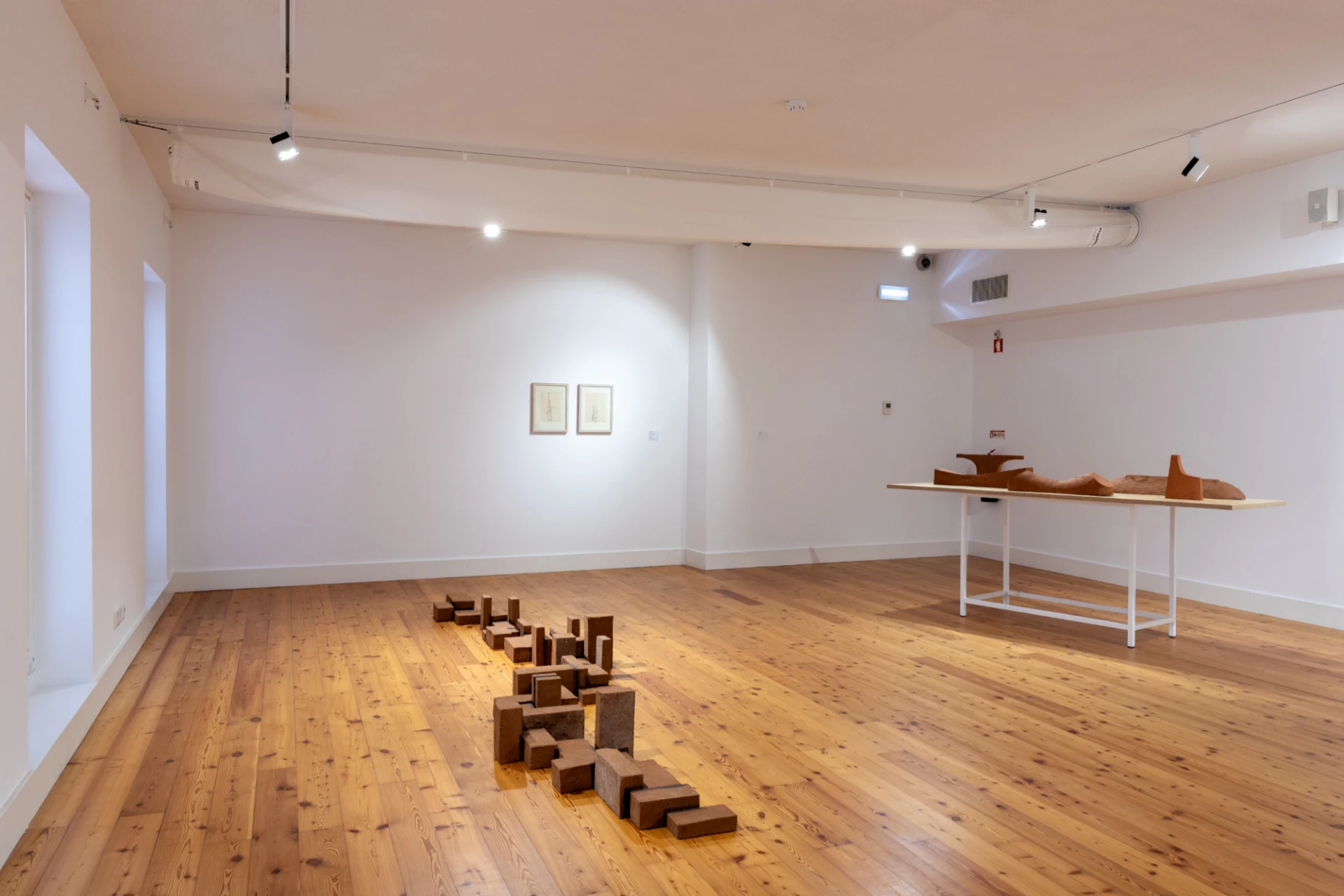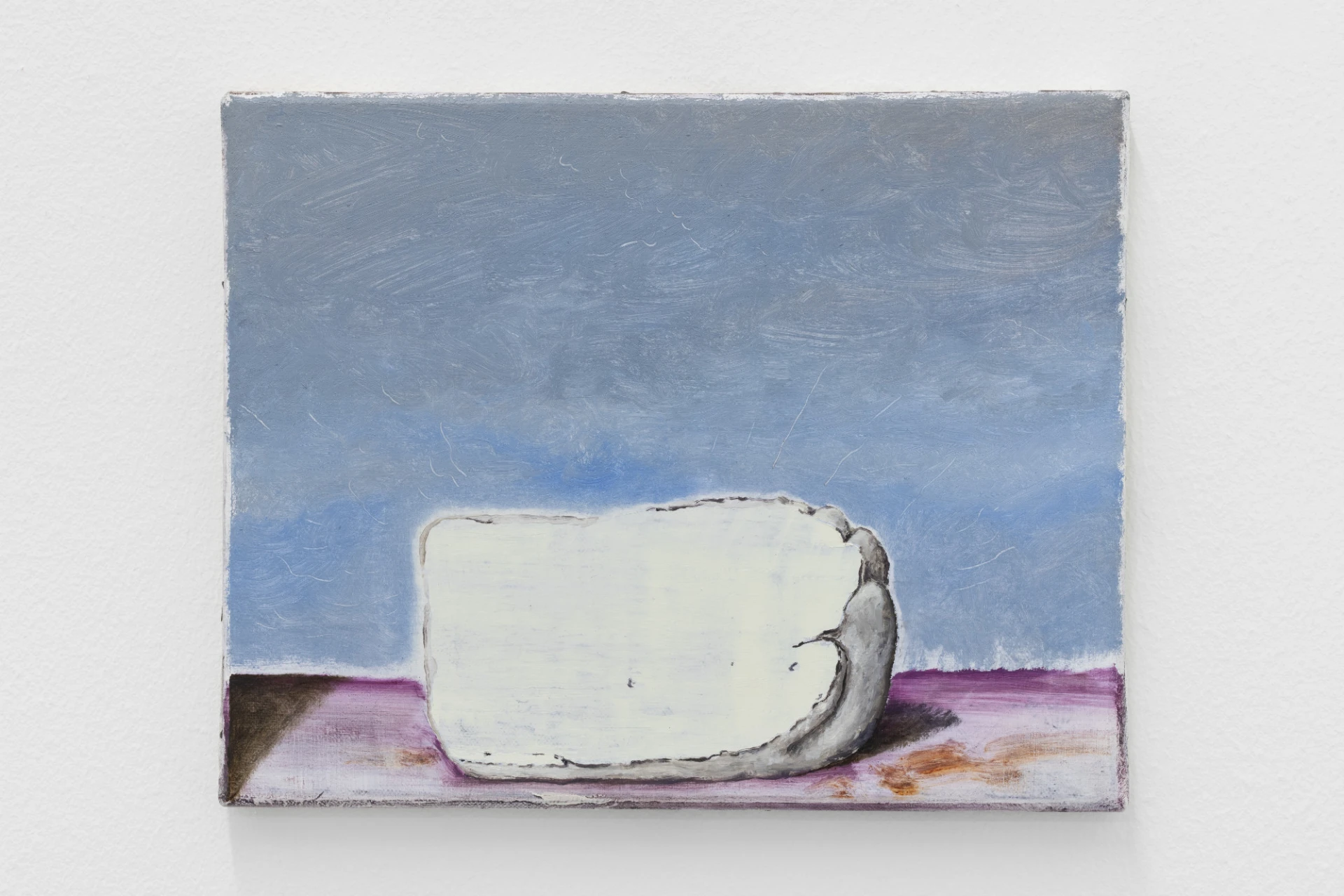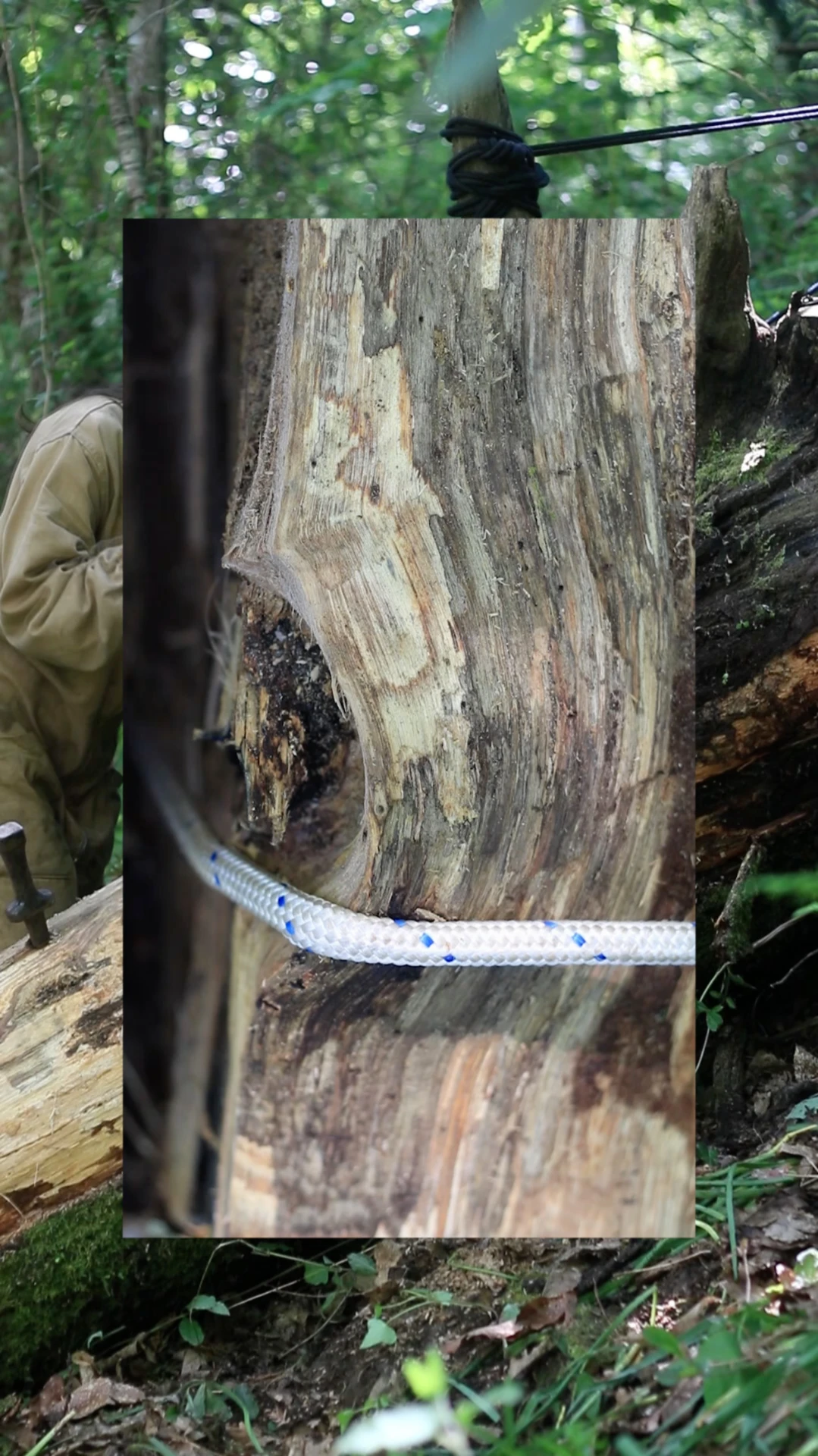Weaving has emerged today as a platform for a discourse on contemporaneity. By interweaving threads, it can also be defined as an encounter between disciplines or new ways of perceiving.
As a place of communion between craftspeople, artists and designers, it wanders between artistic and utilitarian objects, bringing to mind the realm of the good and how difficult it can sometimes be to distinguish the beautiful from the useful. The utility of “corporeal beauties”, as Octávio Paz would say about ancestral making.
The woven threads become tangled in the hands of the artisan and merge into matter. Matter and creator become one and the same.
Weaving holds within it a complex of meanings and is now an alternative to the industrialised world, or an opportunity for tactile making.
Weaving provides expressiveness and experimentalism. Along the perpetual continuum of the thread, it unfolds into pathways that are sometimes fuelled by surprises or minor oddities that can only be understood by those who take part in the journey.
Too often considered a lesser art, overlooked as an expression of the past, it now manifests itself as a relevant, present-day response to contemporary narratives and requirements in art, culture and the environment. And it has become a driving force behind the specific needs of individuals and the community itself.
The exhibition Transformação, on show at the Gama Lobo Palace until 28 October as part of the Loulé Criativo initiative, is intended to be a show that presents weaving as a language immersed in the issues of its time.
The exhibition, curated by Vasco Águas, brings together works by Ana Rita Albuquerque, Filipa Won, Graça Paz, Guida Fonseca, Maria Pratas, Rita Teles Garcia, Rita Sevilha and Vasco Águas.
